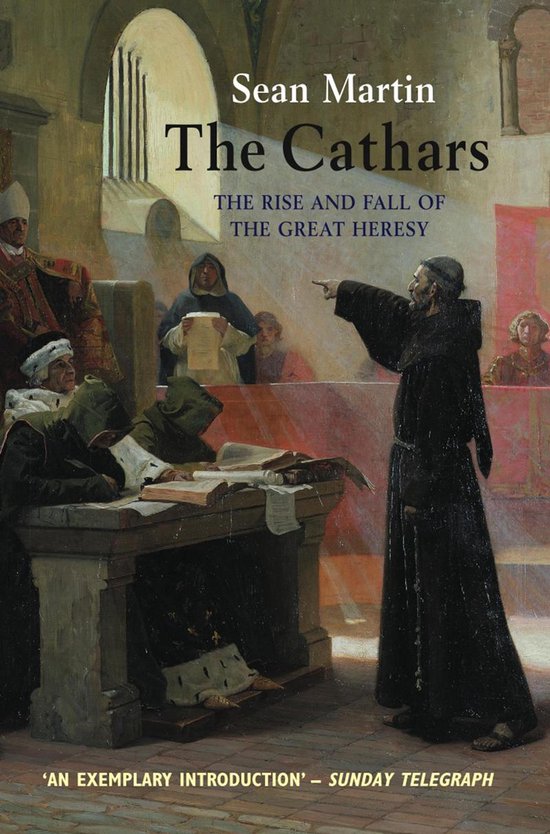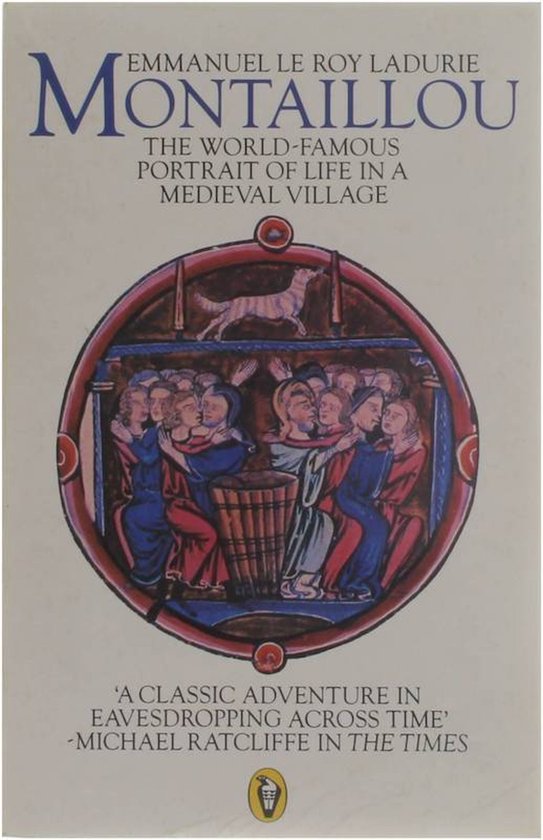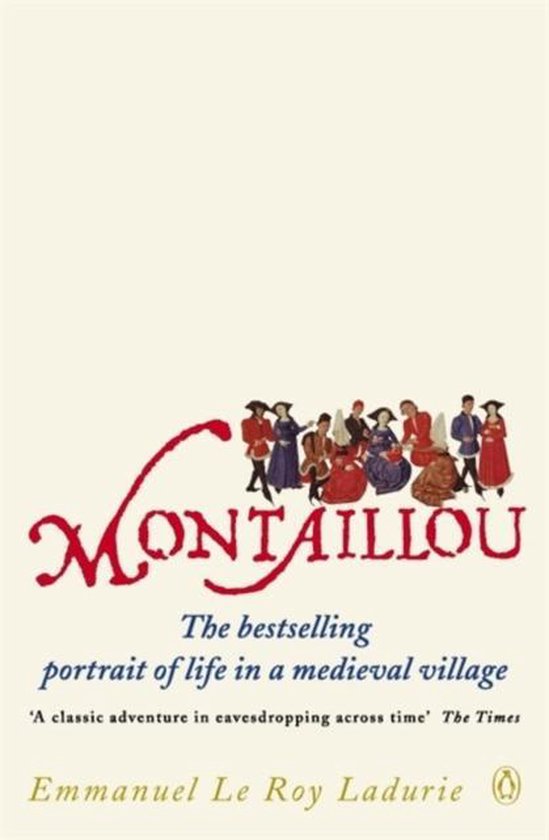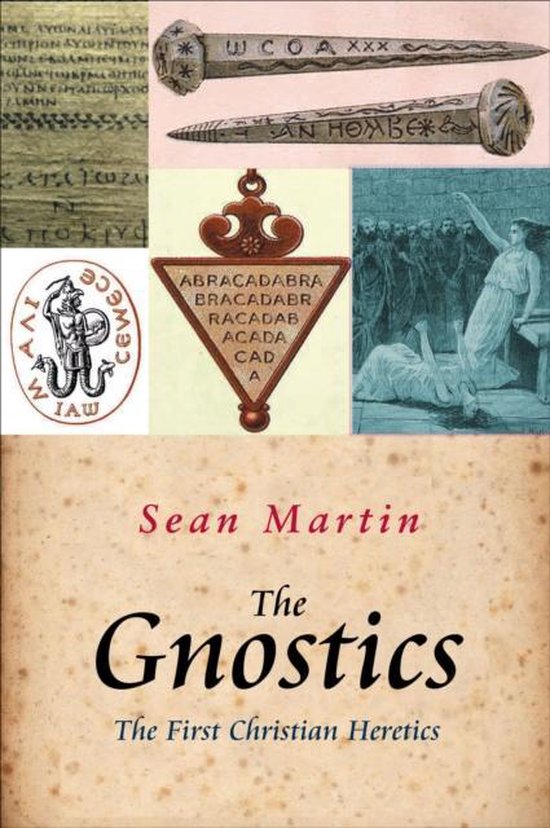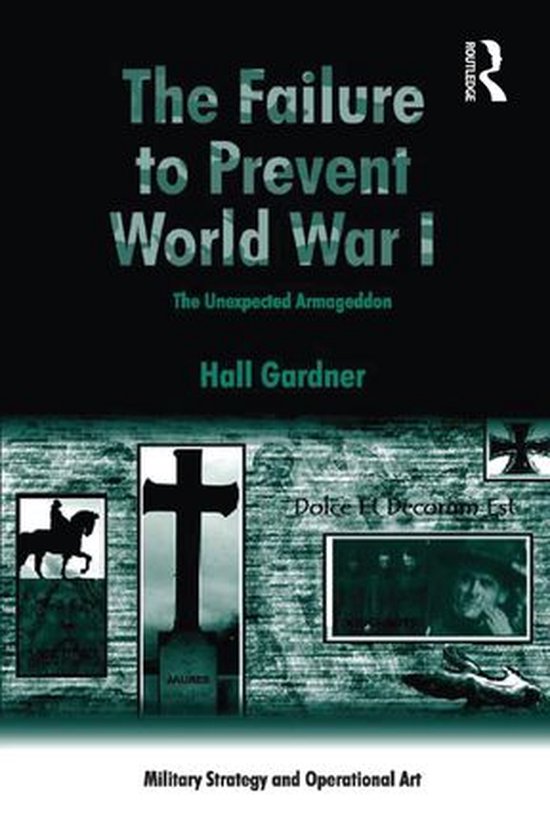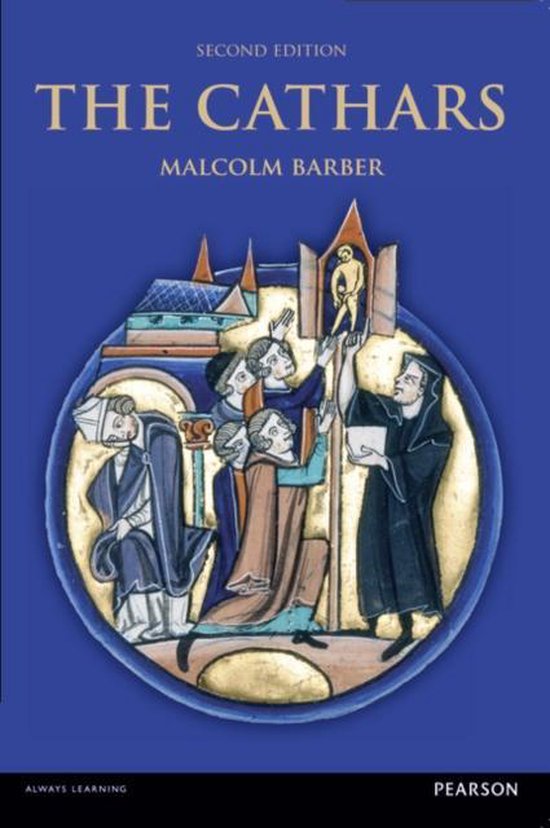
Cathars
‘This book is beautifully written. While it is, generally, a work of synthesis, the sources have been read afresh in the context of recent research. Barber’s cool common sense gives a chance to see the religion and the society in which it became rooted in a new light. Highly recommended, but it will disappoint romantics.’
Jonathan Riley-Smith, Times Higher Educational Supplement.
‘The book is especially notable for its careful and sensitive attempt to see the Cathars and their beliefs in a concrete, localised context. The author has done his homework on the regional geography and topography of Languedoc to good effect – the location, role and significance of the castrum, or fortified village, which made Catharism as much a rural as an urban heresy, is particularly well set out.’
Malcolm Vale, English Historical Review.
In the second half of the twelfth century, the Catholic Church became convinced that dualist heresy was taking root within Christian society and that it was particularly strong in southern France. The nature and extent of this heresy and the reaction of the Church to the perceived threat have been the focus of extensive research since the mid-nineteenth century, research which has become especially intense in the last decade. Malcolm Barber’s second edition of The Cathars (which first appeared in 2000) brings readers up-to-date with the challenges to previous conclusions of recent scholarship. At the same time, the wider implications of the subject remain relevant, most importantly the fundamental questions raised by the belief in the existence of evil, the ethical problems presented by the use of coercion to suppress forms of dissent believed to threaten the social and religious fabric, and the distortion of the past to underpin present-day policies and arguments.
Malcolm Barber is Emeritus Professor at the University of Reading, where he taught medieval European history. He is the author or co-author of nine books, the first of which, The Trial of the Templars, appeared in 1978 (second edition 2006), and remains in print. His most recent work is The Crusader States (2012).
In the second half of the twelfth century, the Catholic Church became convinced that dualist heresy was taking root within Christian society and that it was particularly strong in southern France. The nature and extent of this heresy and the reaction of the Church to the perceived threat have been the focus of extensive research since the mid-nineteenth century, research which has become especially intense in the last decade.
Malcolm Barber's second edition of The Cathars (which first appeared in 2000) brings readers up-to-date with the challenges to previous conclusions of recent scholarship. At the same time, the wider implications of the subject remain relevant, most importantly the fundamental questions raised by the belief in the existence of evil, the ethical problems presented by the use of coercion to suppress forms of dissent believed to threaten the social and religious fabric, and the distortion of the past to underpin present-day policies and arguments.
| Auteur | | Malcolm Barber |
| Taal | | Engels |
| Type | | Paperback |
| Categorie | | Religie, Spiritualiteit & Filosofie |
